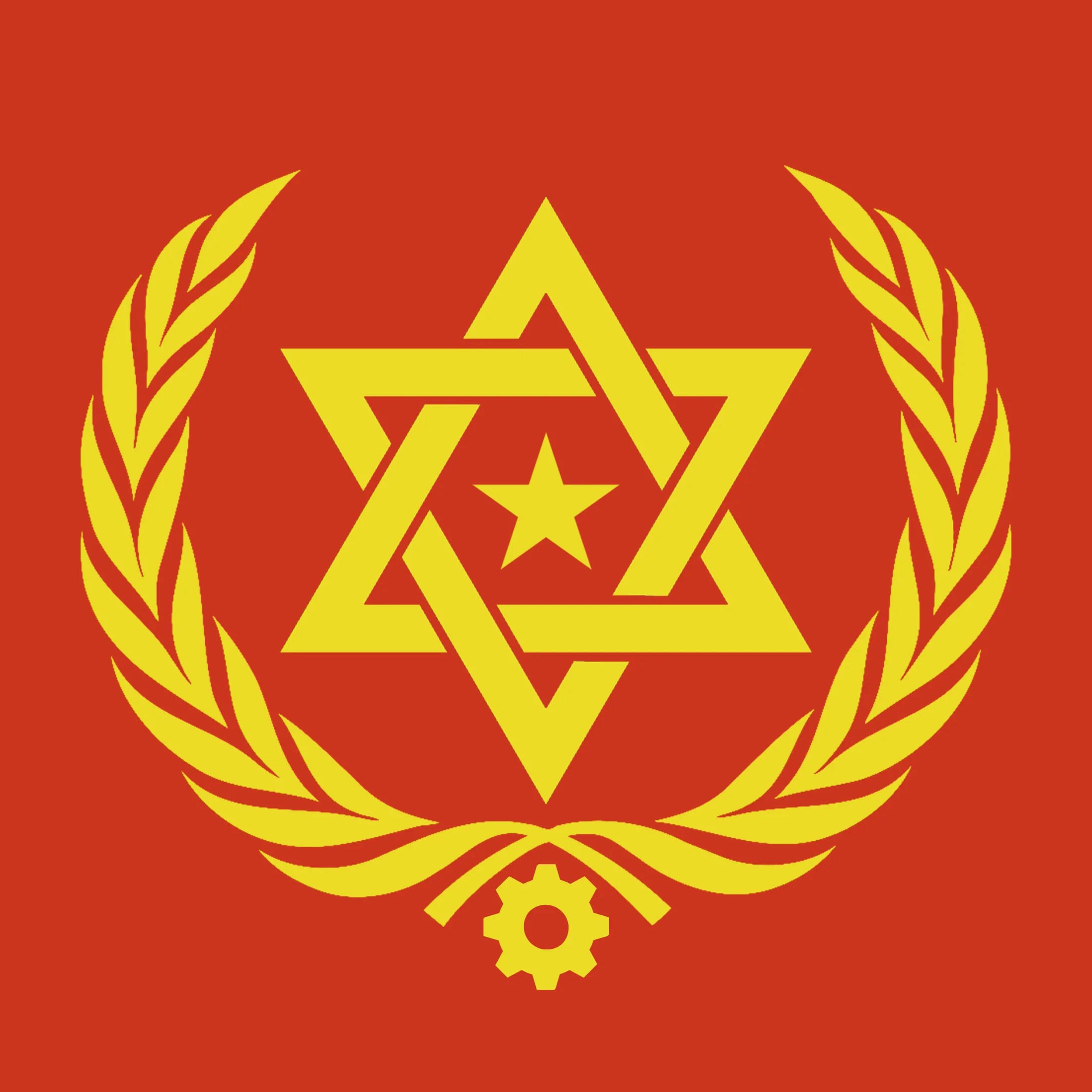The strength of the Swedish army, according to Matt and Chris, was a direct result of a weak nobility and a comparatively strong peasantry. An interesting counterpoint is Poland, which had a strong nobility, a weak monarchy, and was late to abandon both paganism and feudalism.
Following the black death in the 14th century, Poland and Lithuania came to be centers of Jewish life due to the weakness of Church control (comparatively) in recently Christianized lands. Migration of Yiddish/German speaking Jews happened due to widespread persecutions in central Europe, and the population growth was higher in a region spared the horrors of the 30 years war. Poland was a participant to be sure, but during the 1600s Polish nobles looked to the East, what was to become Ukraine, to do rent-seeking and procure necessary crops. It’s arguable whether or not the taxes imposed by Polish landlords amount to “Colonialism” in the modern sense, but the farming peasants (Ukrainian, Orthodox) did not take well to the domination by Absentee Landlords (Polish, Catholic). Jews fit into the tinderbox because throughout Christian europe, they had been forced into a profession known as “Tax Farming,” being the collectors for Nobles of taxes from impoverished peasants.
Bogdan Chmielnicki was a Cossack Noble who led an uprising against rival Polish Nobility. He hoped to ally an independent Ukraine with European powers against Poland. In practice, Jewish communities, regardless of if they were involved in tax-collecting or not were destroyed, as Cossack armies considered them tools of the Polish landlord class against the peasantry. Despite the material and political conditions, religious hatred against Jewish people cannot be ignored .On the eve of the uprising and genocide in 1648, Estimates of the death toll vary, but were likely in the 10s of thousands. 100 Jewish communities were destroyed, and there are reports of 6000 Jews murdered in one of the larger towns. Thousands more were forcibly converted to Christianity or sold into slavery. Chmielnicki is hailed as a hero by Ukrainian nationalists, appears on Ukrainian currency, and has several towns named after him.

